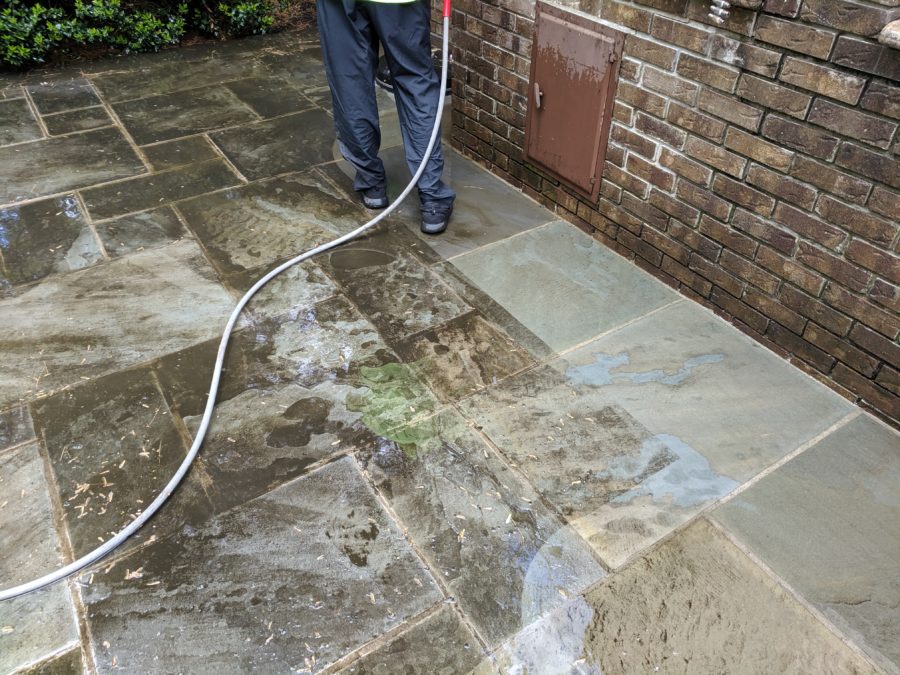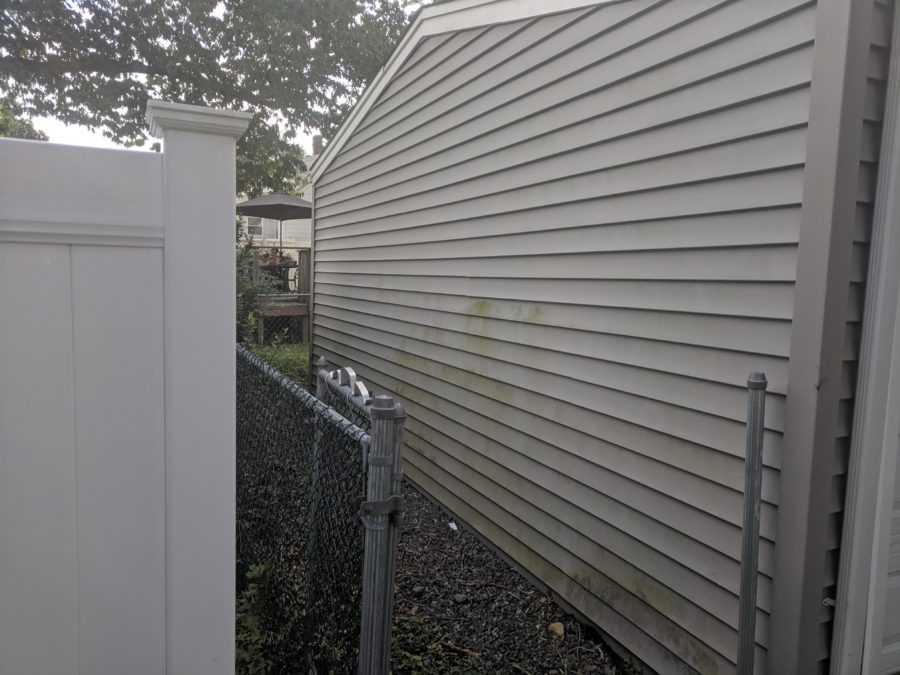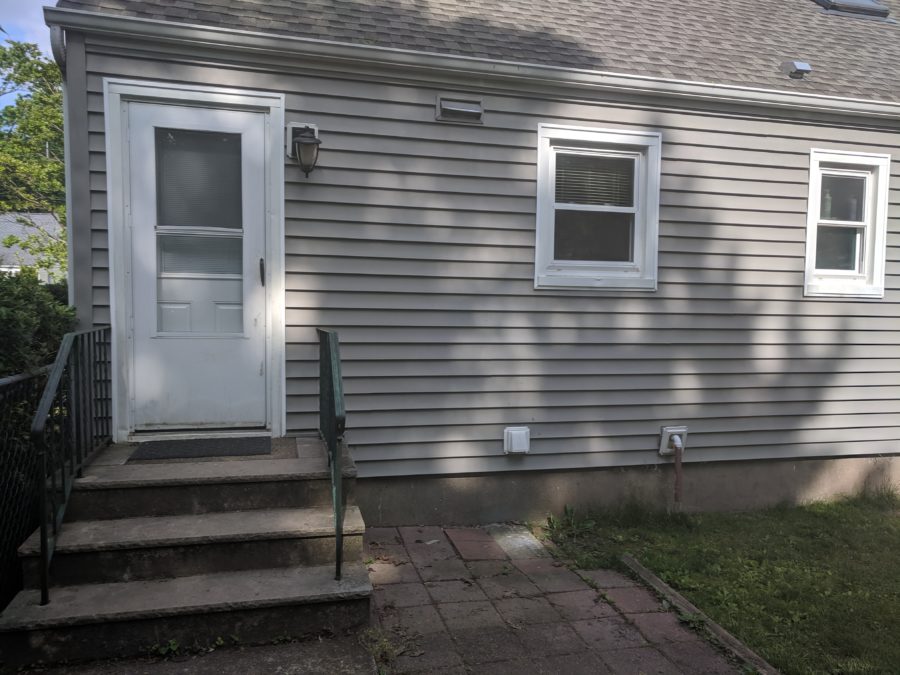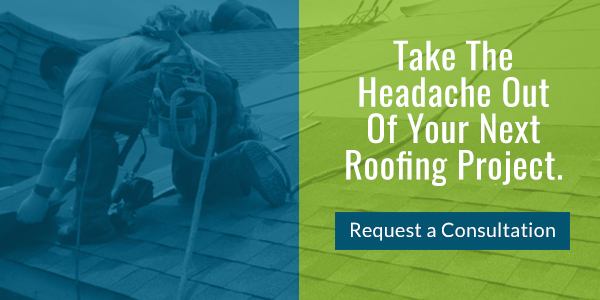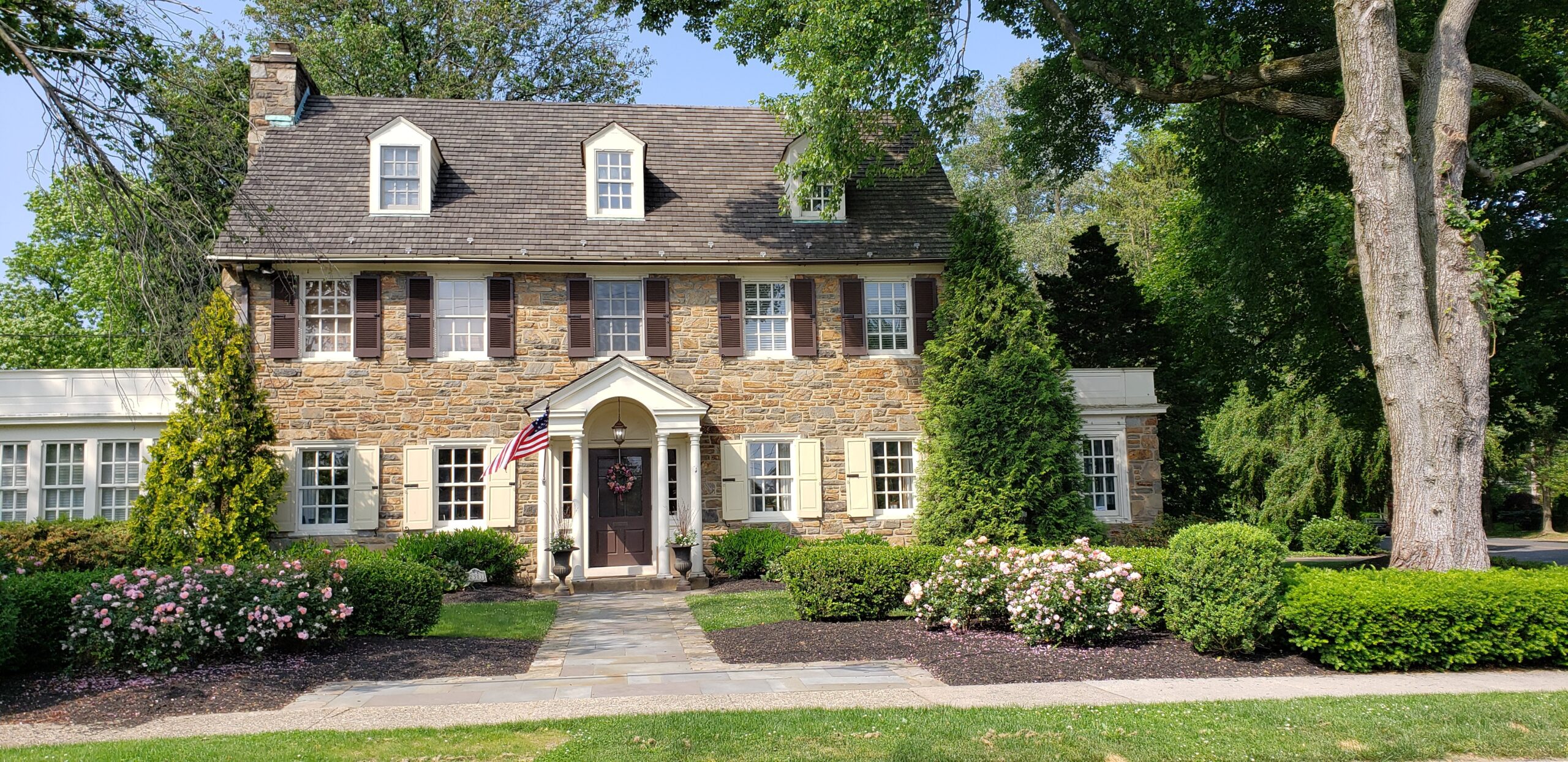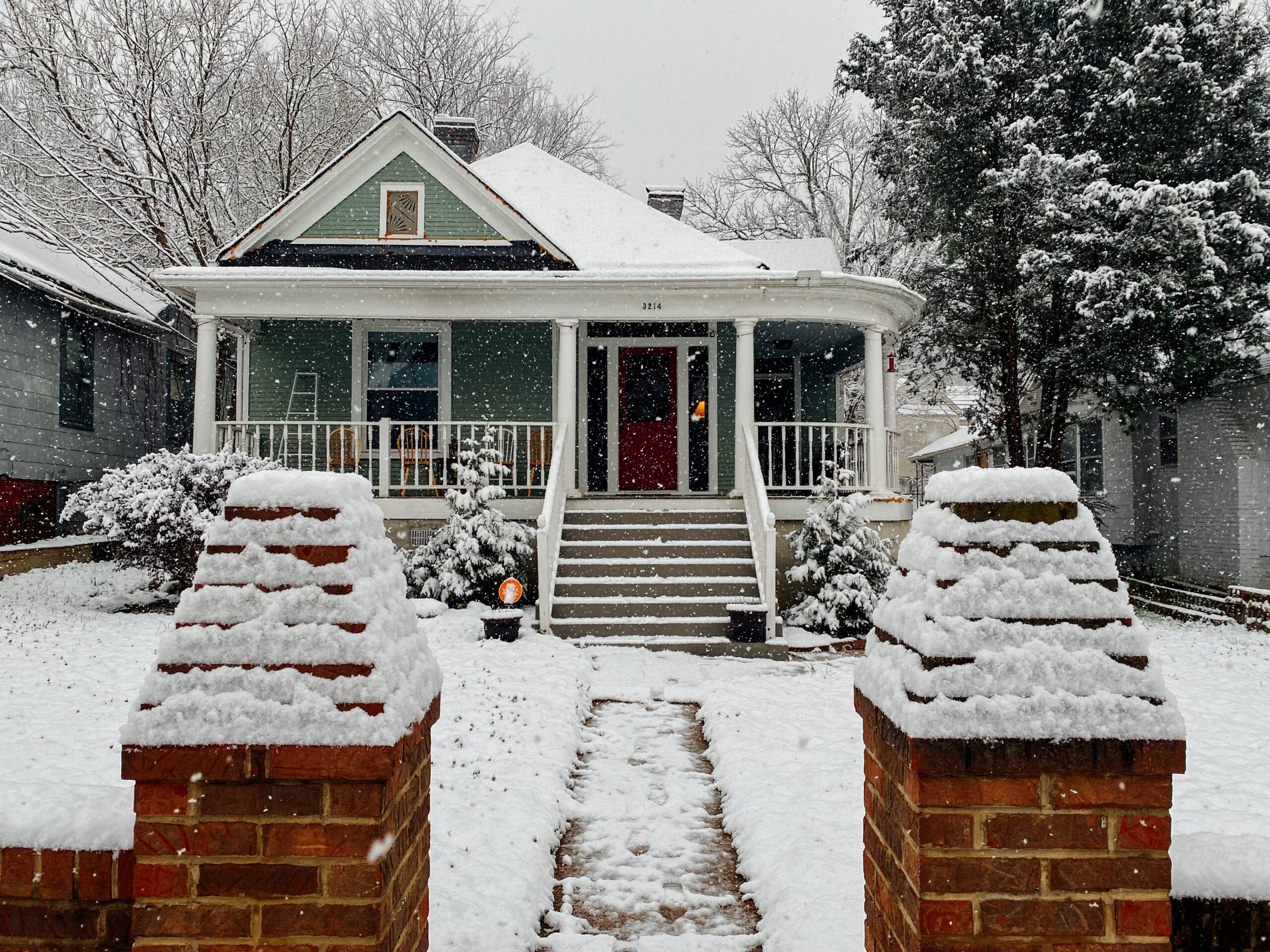Terms like “soft washing” and “power washing” are often used interchangeably. However, the two terms often mean different things.
Power Washing vs Soft Washing: Understanding the Differences
In the power washing vs. soft washing debate, it’s important to know that water pressure is not the only variable. Often, the difference is the amount of water pressure, expressed in pounds per square inch (psi).
Professional equipment
Either way, technicians use professional pressure washing equipment that delivers water at higher pressures than consumer equipment. Gasoline or diesel engines power the equipment powerful equipment.
To avoid accidental damage, it’s important for the technician to select the right psi. It is also important to prevent the water nozzle from getting too close to the surface. This is less of a concern when cleaning driveways and sidewalks. However, it is a real concern when you’re cleaning roofing, siding, fencing or decking.
Adjusting psi
There are two ways to vary water pressure to match the needs of each job. First, by changing the nozzle on the wand. Second, by adjusting the spray pattern and pressure right on the wand. High-pressure tips offer more cleaning power. Low-pressure tips increase coverage and reduce damage potential. Technicians get superior results by using a combination of things. The right mix of low-pressure nozzles and/or cleaning chemicals is often best.
Cleaning Different Surfaces
Your property includes a variety of different exterior surfaces that require cleaning from time to time. Shingle roofing, vinyl siding and cedar fencing are a few examples. For the best results, it’s vital to match the right psi to each surface. It’s always important to use cleaning chemicals in the right combinations and concentrations. Training and experience are very important when technicians use chemicals.
Roofing
If you have a shingle roof, it is vital to use the right cleaning solution. Indiscriminately blasting away at the shingles may remove too many granules. This may even shorten the lifespan of the roof. In general, the older your roof, the more vulnerable it is to excessive water pressure.
Moss – In New Jersey, the climate is conducive to moss growth. Warm temperatures, frequent rain and high humidity create an ideal environment. Also, many northern NJ properties have large trees that cast shade on roofs. Moss thrives in the shade.
It’s possible to use mild water pressure to remove moss without damaging the shingles. The right cleaning agents kill moss spores. This often retards future moss growth. This Old House speaks of using diluted bleach on roof moss. However, bleach must be used in the right concentrations. The same is true of detergents that may be used.
Algae – Many NJ roofs exhibit dark streaks caused by blue-green algae. Again, soft washing at high psi can damage the roof. Therefore, technicians often use lower soft water and/or cleaning chemicals.
Some Bergen County and other area homeowners have zinc or copper strips installed below the ridge. This helps to prevent dark streaks in the future. When it rains, trace amounts of zinc or copper wash down the roof, killing the algae.
You can look into another solution when you replace your shingles. Use shingles with copper-infused granules to address the algae problem. Over time, trace amounts of copper leach out from these granules, killing the algae.
Siding
Soft washing often works well with vinyl, fiber cement or composite siding. These firm surfaces hold up well to the higher psi associated with soft washing. Also, when it comes to siding, dirt is the more common foe. Dirt responds well to simple soft washing.
Walks and drives
Sometimes, dirt stubbornly clings to textured concrete surfaces. It gets down into the grooves, and it’s difficult to remove. Power washing is done on mostly flat surfaces, while soft washing is done on roofing and siding.
Stains – Oily stains do not respond well to simple soft washing. Power washing with water will often be the answer. For difficult stains, the use of the right cleaning agents will improve results.
Stuck-on substances – Things that tightly adhere to surfaces respond better to heated, pressurized water. Chewing gum on sidewalks is an example.
Decks
Power washing at lower pressures is essential on softwood decks consisting of pine or cedar. Still, these pressures are far below those that technicians use on hard asphalt or concrete surfaces.
Contact Us Today
At CRS, we’ll match the right cleaning solution to your specific needs. We want you to have a worry-free experience that yields a terrific result.
Since 1977, CRS has served homeowners across the Tri-state area. We offer a full range of roofing, siding and cleaning services. We are factory-certified by major building materials manufacturers like GAF and Owens Corning.
Our team stands ready to discuss power washing vs. soft washing with you. To arrange for a prompt, fair estimate, please contact us today.

